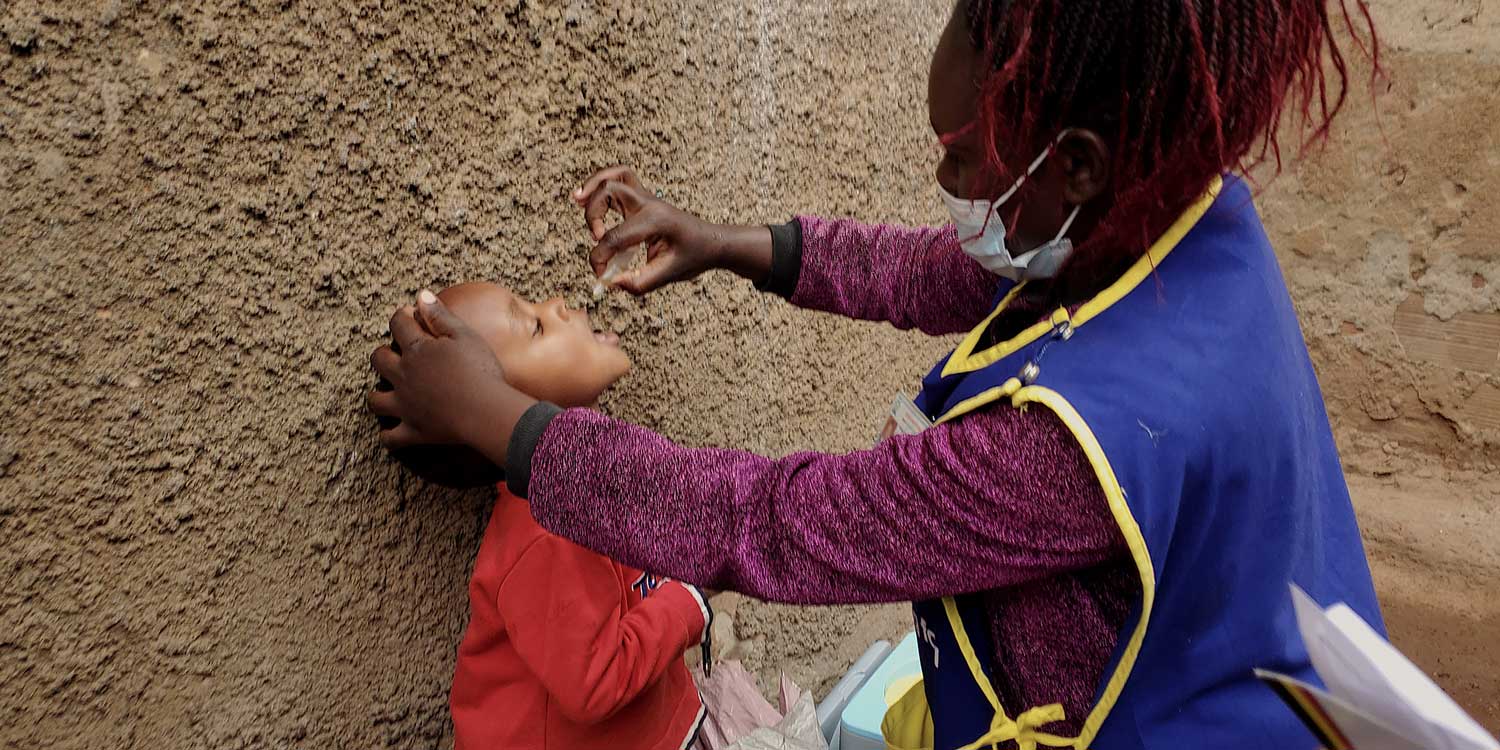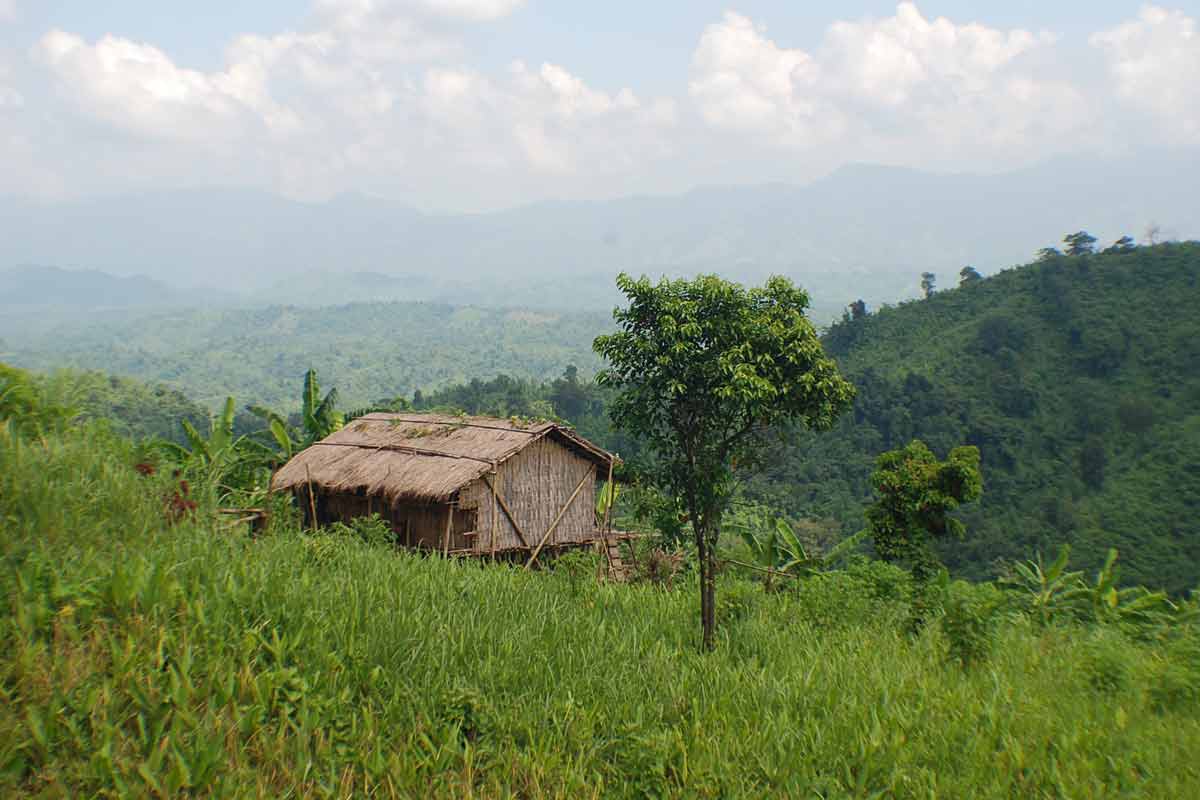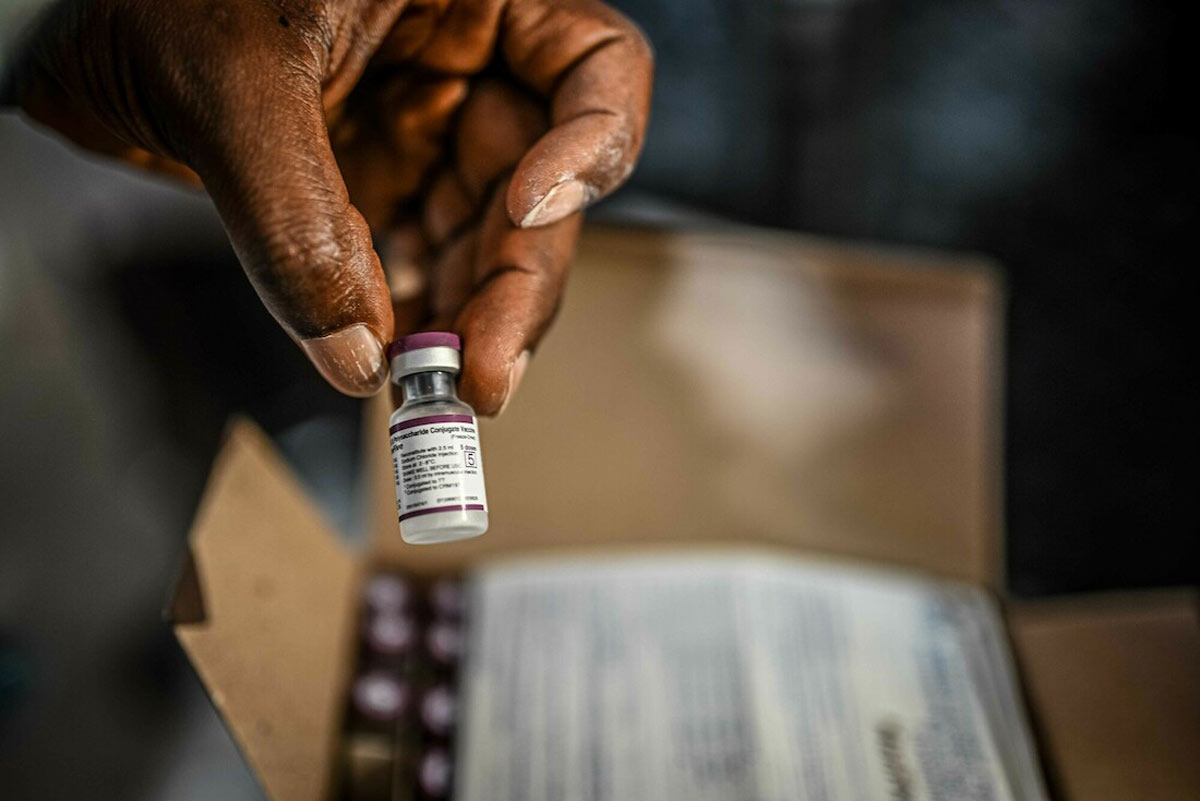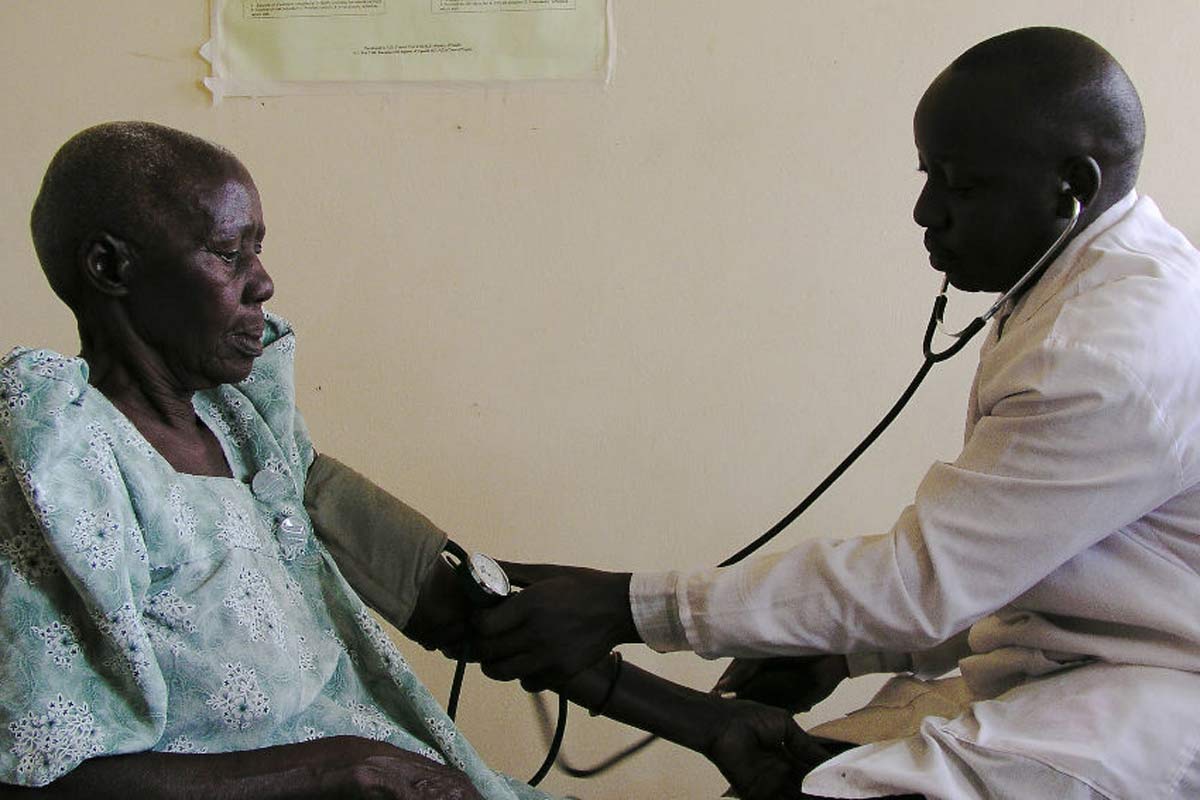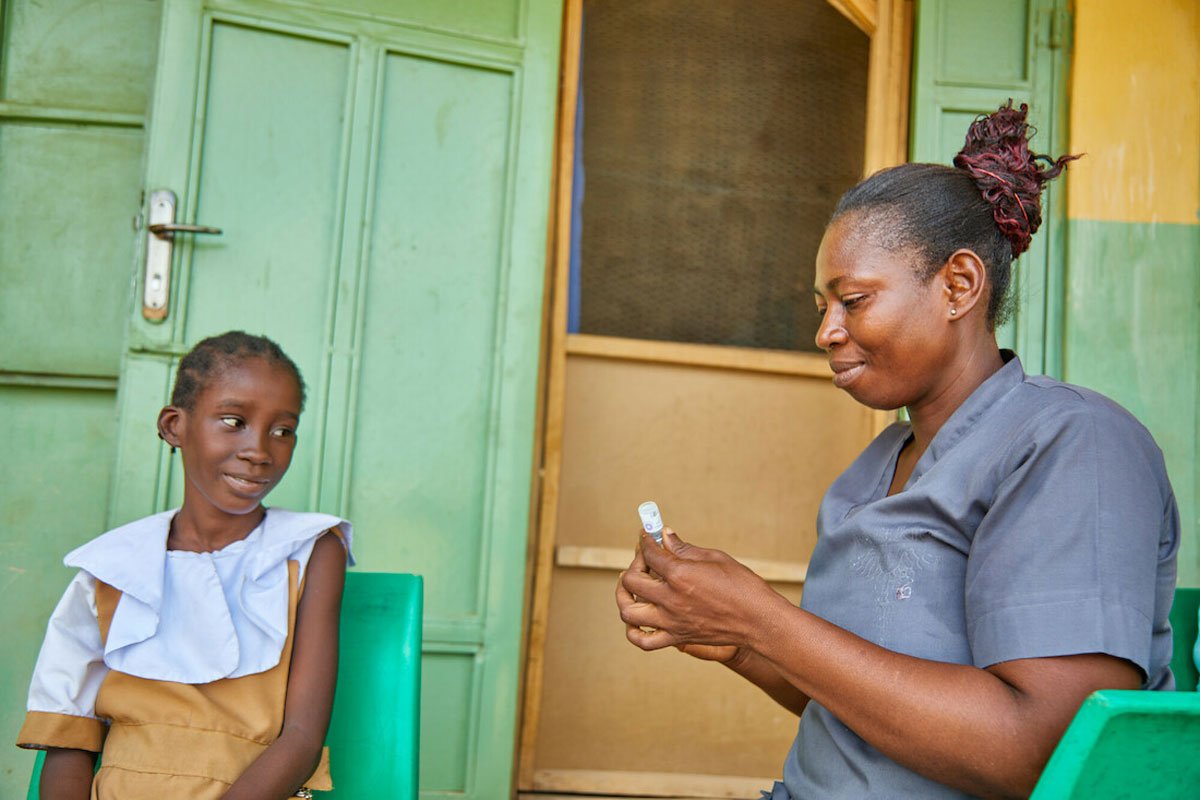Burundi presses on with measles vaccination amid fuel shortages
Amid fuel shortages and power cuts, Burundi’s health system battles to adapt – and deliver measles vaccinations to at-risk children.
- 24 July 2024
- 4 min read
- by Diane Ndonse
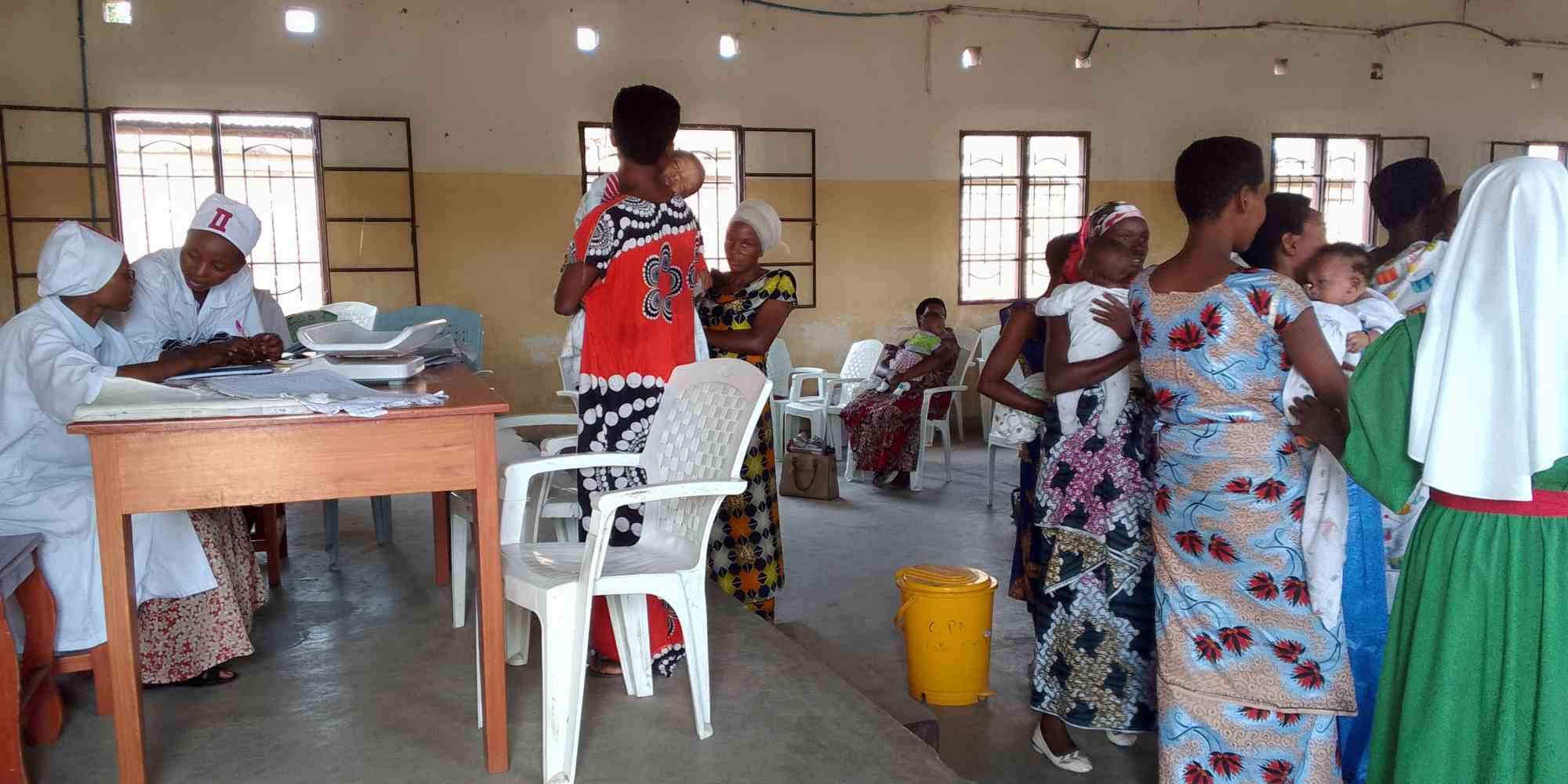
In Rubirizi, a small town in the province of Bujumbura, it was only on her fourth visit to the vaccination centre that Henriette Mutoni’s children were able to get the measles vaccine, supplementary vitamin A and dose of dewormer that they were due, as part of a national vaccination campaign that ran from 13 to 19 June.
Mutoni said: “I went to the vaccination centre twice, but the stocks were exhausted. On the third day, the queue was impressive and the vaccines were still lacking. We had to come back the next day.”
Despite the challenges, EPI officials say they are satisfied with the provisional results, having achieved more than 90% of their target.
Like many parents, Mutoni is contending with a fuel crisis that is paralysing the country, complicating access to essential health care for many.
Burundi is experiencing a serious fuel shortage and frequent power cuts. This crisis affects all aspects of daily life, but it has particularly serious repercussions on the health sector. The June vaccination campaign aimed to reach more than two million children aged 6 to 59 months in 49 health districts. But fuel shortages and power cuts extended the campaign by two days, until 19 June.
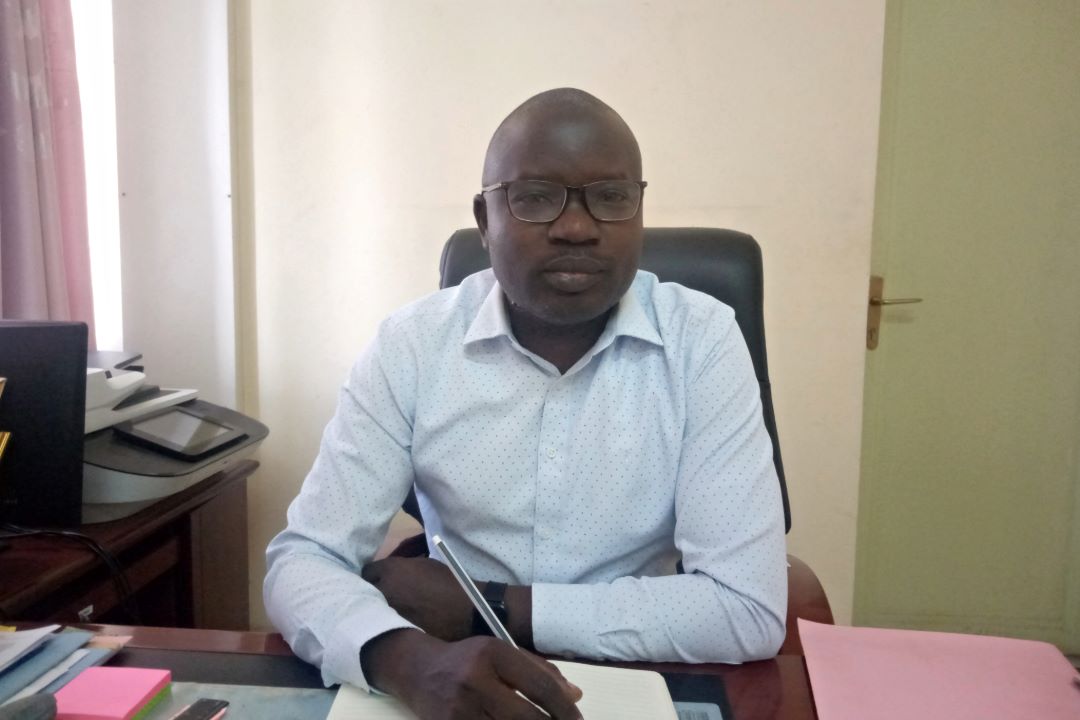
“We requested a special exemption so that service stations prioritise activities related to the vaccination campaign,” explains Dr Jean Claude Bizimana, Director of the Expanded Vaccination Program (EPI). However, despite these efforts, some areas lacked fuel, forcing supervisors to travel by motorbike or on foot.
Refrigeration problems
This fuel and power crisis exposes just how much public health initiatives rest on reliable infrastructure.
Fuel shortages not only affect transport, but also electricity production. Public health, particularly during a vaccination campaign, relies on the constant availability of these resources.
Power cuts pose a major challenge: maintaining the cold chain necessary for preserving vaccines. An interruption in the cold chain can render vaccines ineffective, thus compromising the vaccination campaign.
Have you read?
Belthe Ngendakumana, community health worker in Tenga, explains: “On the fourth day, we observed a shortage of vaccines around 1pm due to refrigeration problems. It was an ordeal for some parents.”
“The EPI has a generator to compensate for power cuts, and rural health centres use solar fridges,” explains Dr Bizimana. Despite these measures, interruptions have been reported, threatening the viability of some vaccines.
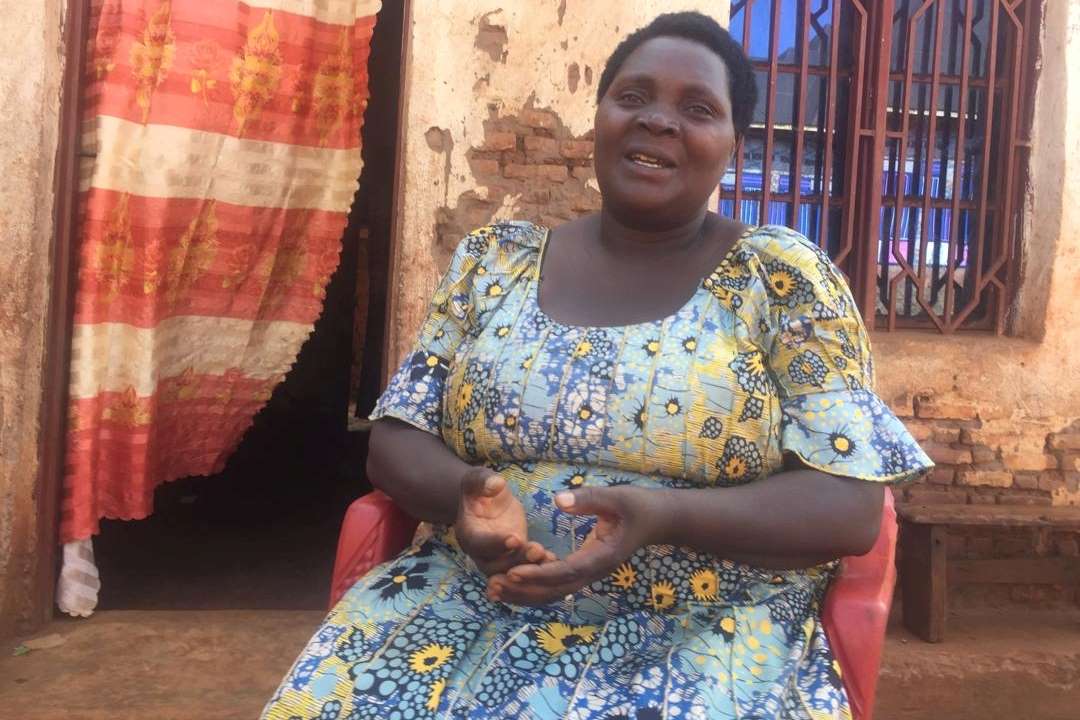
Health workers have had to bear higher transport costs. “I am now paying 3,000 francs [Burundian francs] for a trip that cost 1,000 francs,” complains Belthe Ngendakumana. These additional costs worsen the already difficult working conditions of community agents.
In Burundi, this vaccination campaign is a clear illustration of how interconnected crises can paralyse vital initiatives.
Despite the challenges, EPI officials say they are satisfied with the provisional results, having achieved more than 90% of their target.
